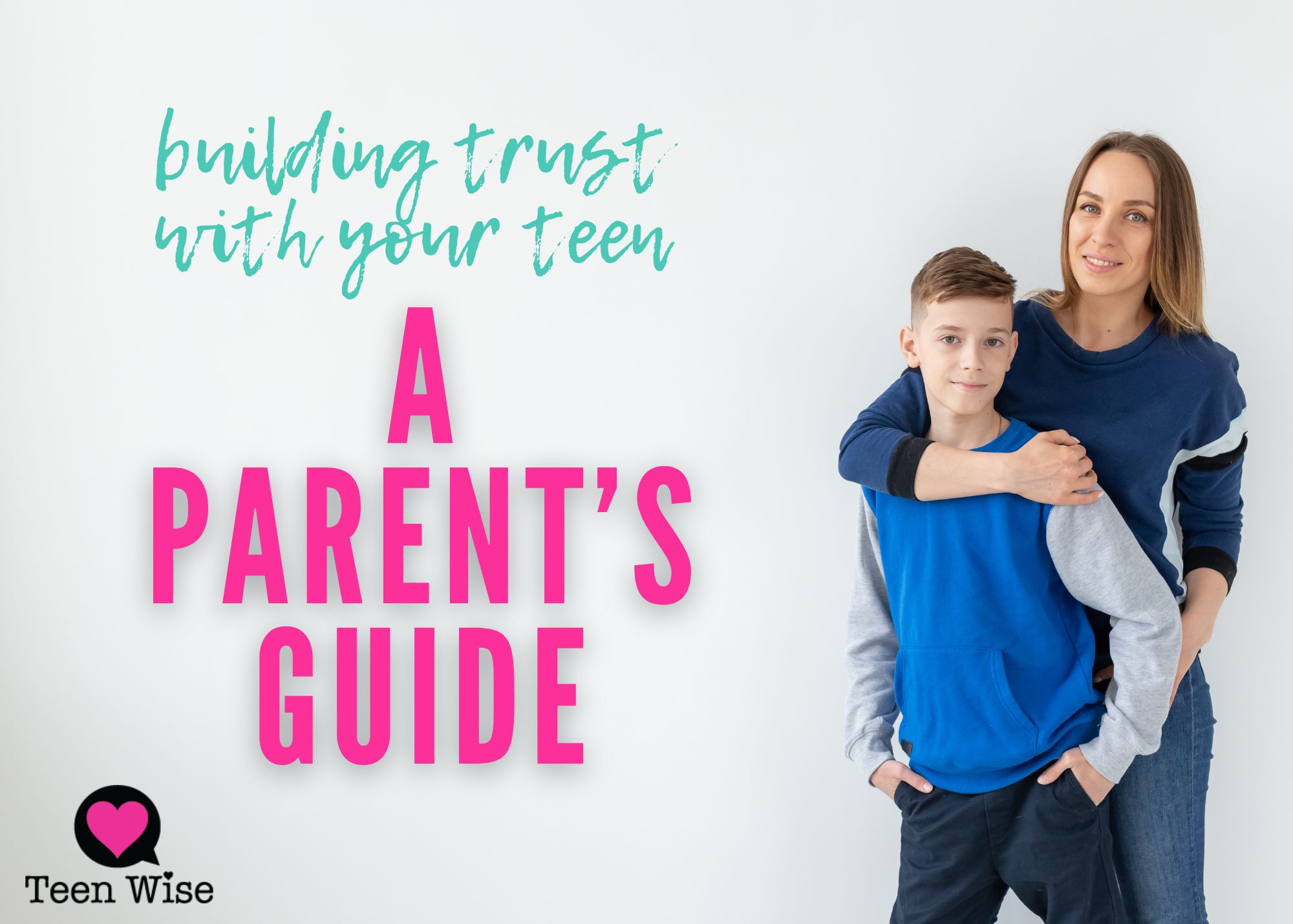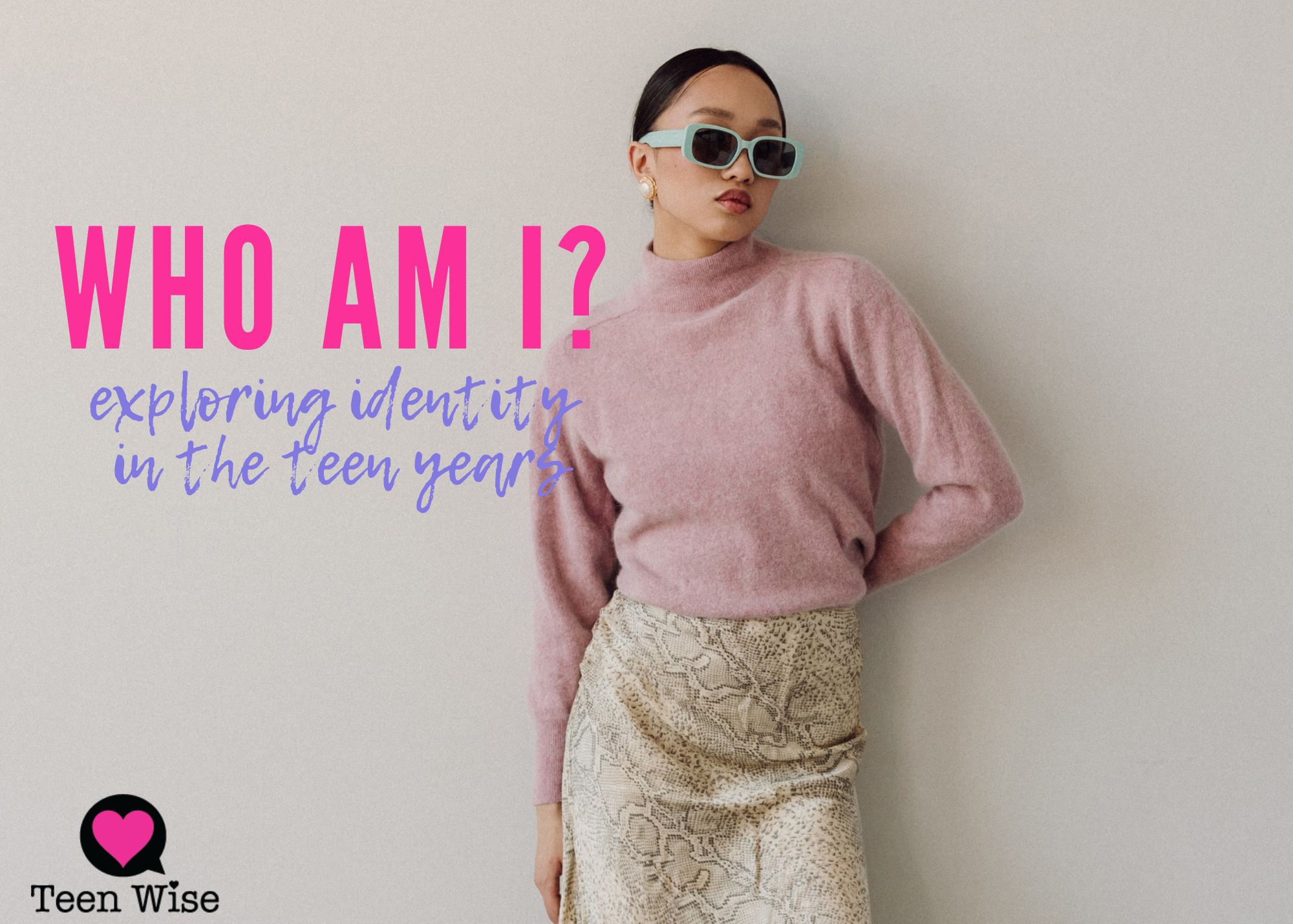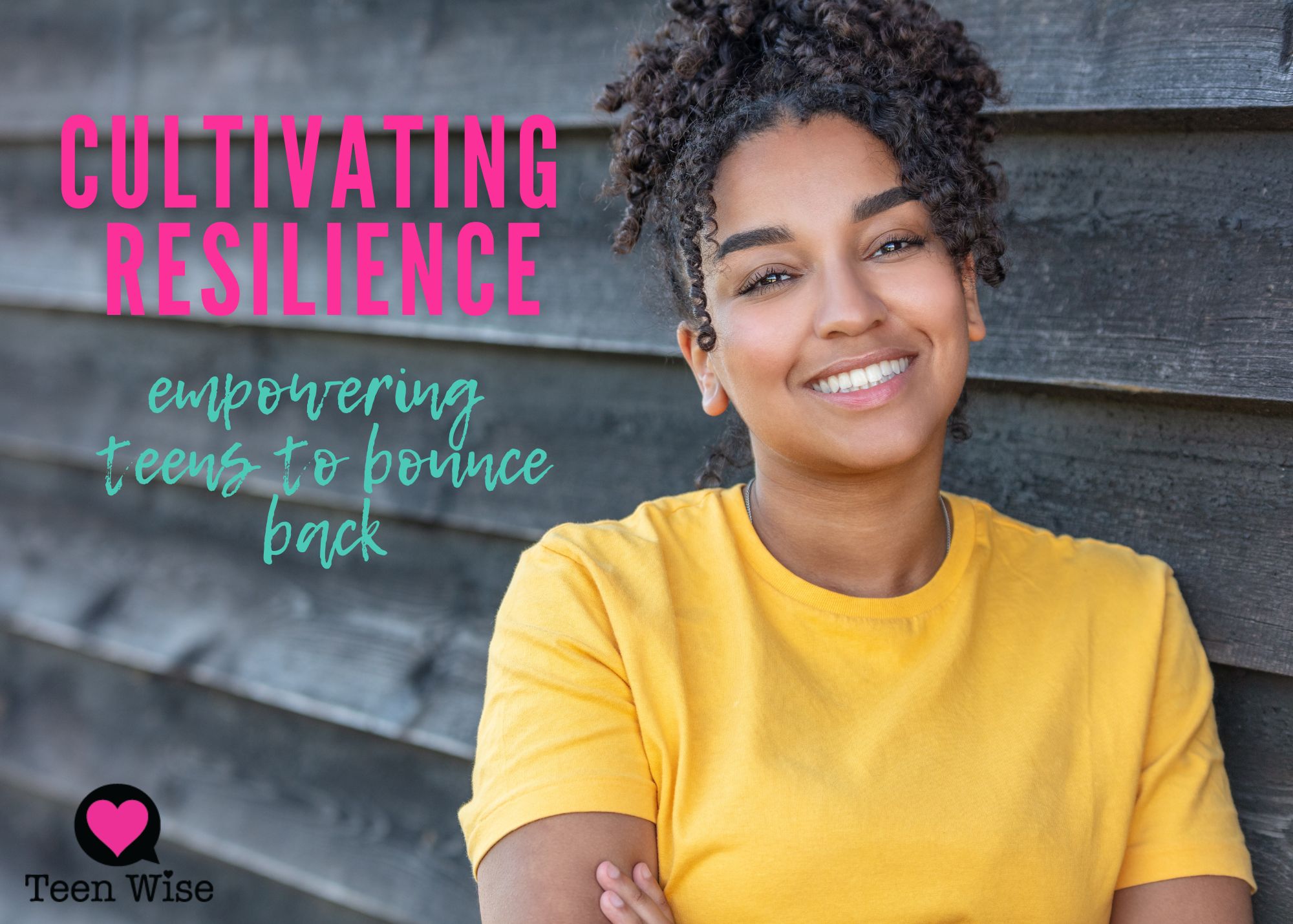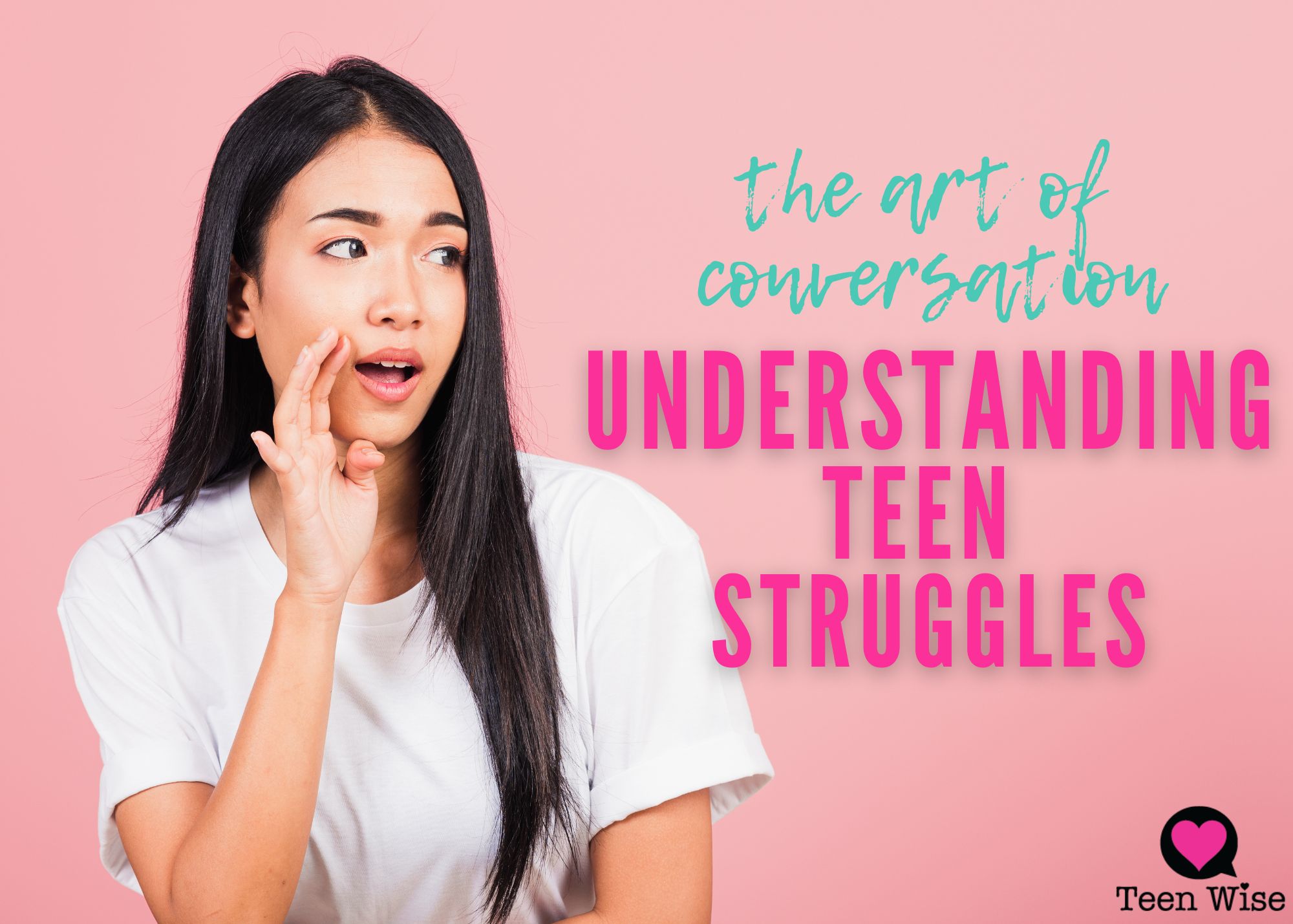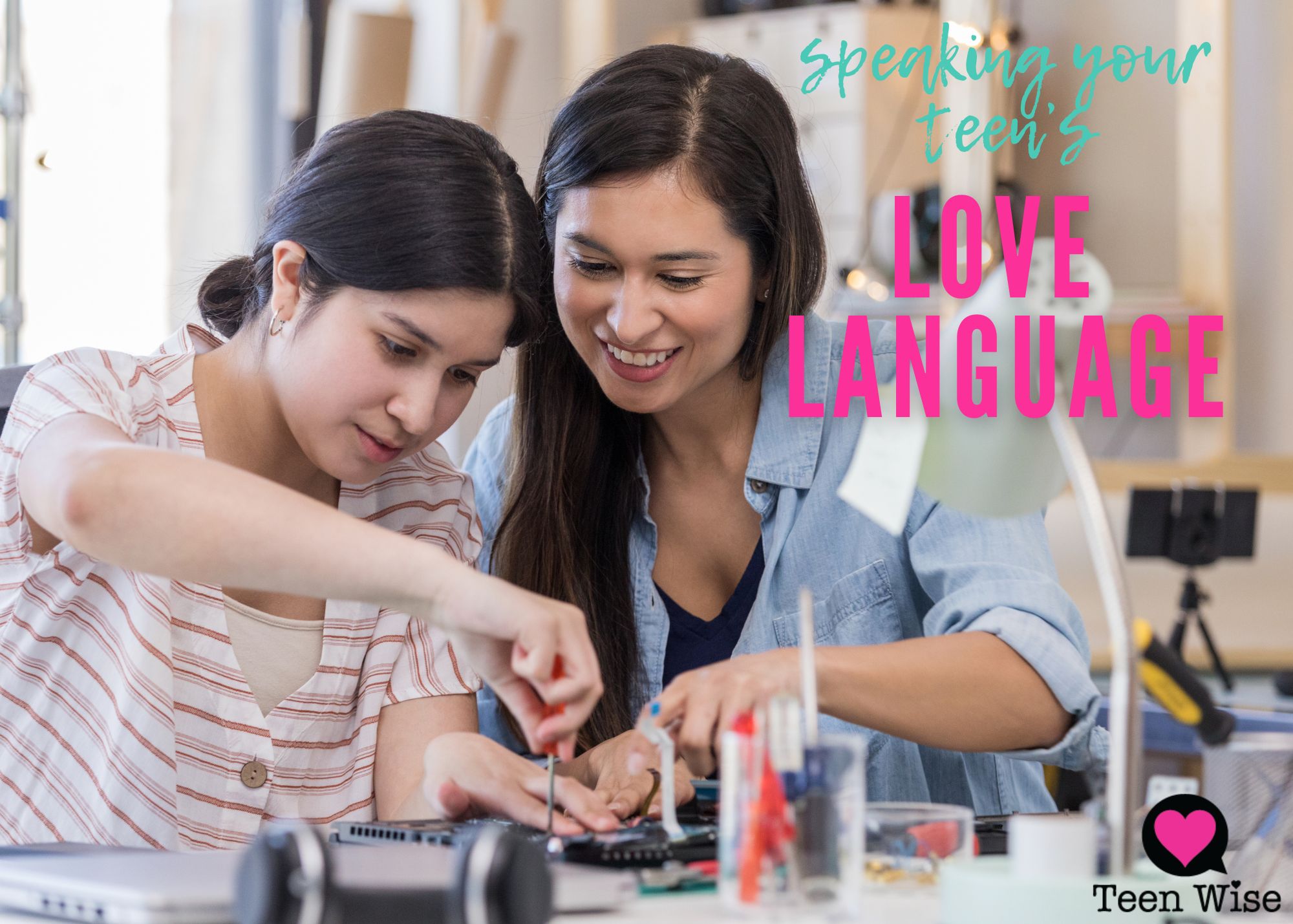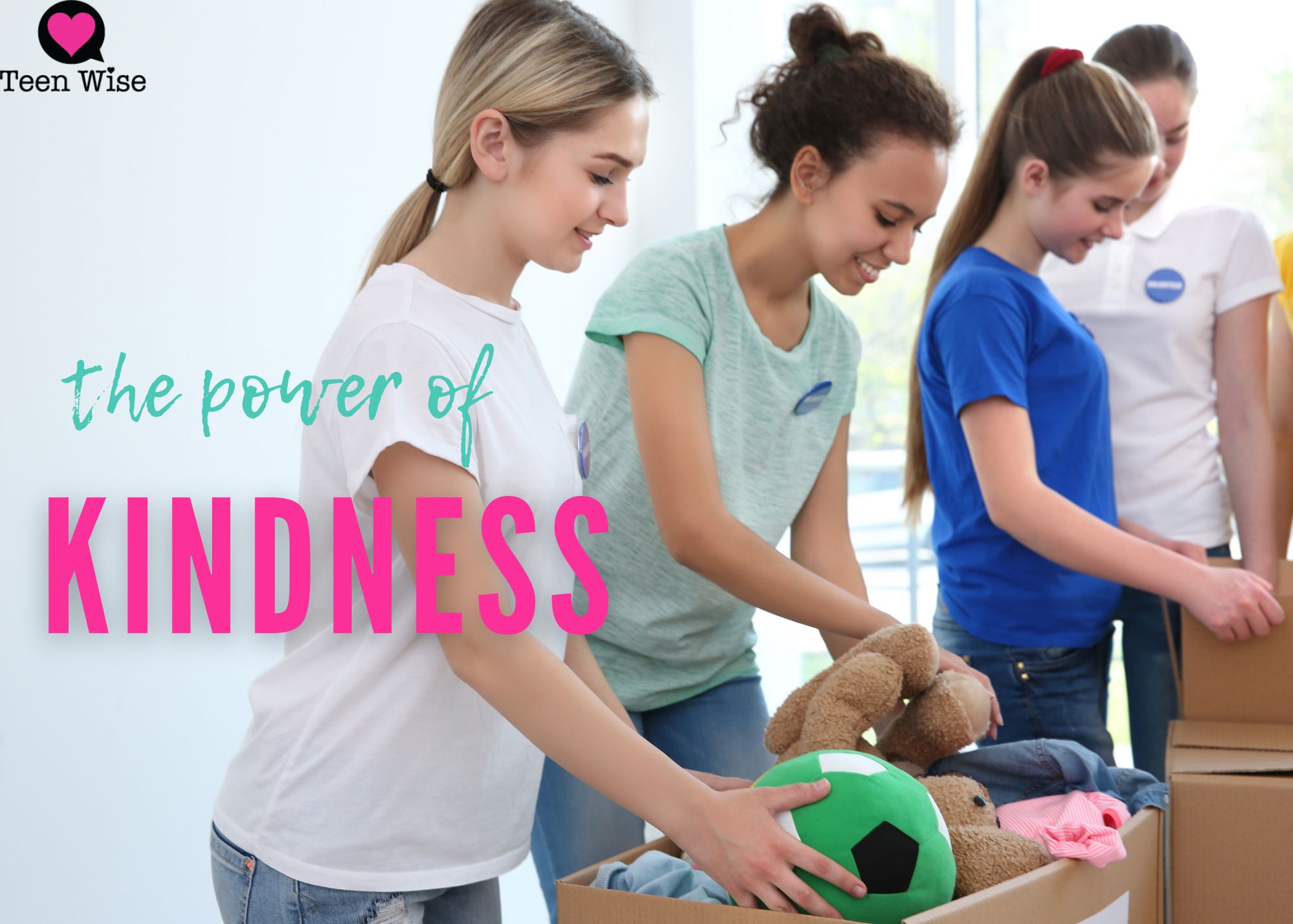It has been both sickening and empowering to watch as my friends on Facebook post #MeToo. It doesn’t come as a shock, though. There are plenty of personal stories I can tell about sexual harassment, many of which occurred before I graduated high school. So while I see my friends who are all grown women declare #MeToo, I was curious why the hashtag isn’t becoming popular among teen girls.
Seeing as I work with teen girls and have three teen daughters of my own, this was a conversation that was important to me. Their insights are always enlightening.
As grown women, we have had the time to foster courage and confidence within ourselves. We have a different outlook on the world because of our years of experience. Even with our maturity, though, many women were silent about the sexual harassment, sexual assault, or rape that they experienced. They questioned their own complicity in it. They questioned their self-worth. Many were ashamed and embarrassed.
So our teen girls are not stepping forward and embracing the hashtag #MeToo for the same reasons grown women have not talked about it until now. Believe me, it’s not because they haven’t experienced it yet. Sadly, it starts as young as elementary school. The girls I’ve spoken to accept that the verbal sexual harassment is something everyone endures in the school setting. They are embarrassed by it, but they think they just have to be strong and take it. When sexual assault occurs, the girls are shamed not only by the kids in school but also by the media and the court system. This culture in the school system starts with something as seemingly innocent as the dress code. My daughters were told “when in doubt, cover up more”. Many dress codes state that girls should not wear clothes that will distract boys which again puts the blame on the girls. School dress codes are an issue in and of themselves, but I’ll leave that for another day.
So how is the #MeToo movement going to help our teen girls? How can we get them to see what we finally see- sexual harassment and assault should cause the perpetrator shame not the victim? We have a lot of work to do. It starts with simple conversations in our home. Then it continues with discussions in the classroom. It then permeates the workplace. And finally, sexual harassment is no longer seen as the norm in our society. When the targets of sexual harassment speak up, they are heard loud and clear.
So let’s start with the basics, conversations. Here are some ideas to get your started:
1. What is sexual harassment?
2. Have you experienced sexual harassment at school or other places? How did it make you feel?
3. What do I do if I’m sexually harassed?
4. Is it ok for classmates to joke around about my body parts? Isn’t that just part of middle school? Isn’t that just part of high school?
5. Who is at fault when someone sexually harasses or assaults someone?
6. What is consent?
7. How do I know if someone is ok with my sexual jokes?
This #MeToo movement needs to embrace our teen girls. Instead of just standing in our own light, we need to shine the light on the problem. We need to shine the light on our girls. And we need to make sure that our young girls and boys don’t accept sexual harassment as a norm like we did. We owe it to our girls to hold up one fist high in protest while we reach the other hand low to hold the hands of our teen girls as we guide them to a better future.
With Heart,
Coach Sheri
Get the latest updates on our Facebook Community, Click HERE to Join.


